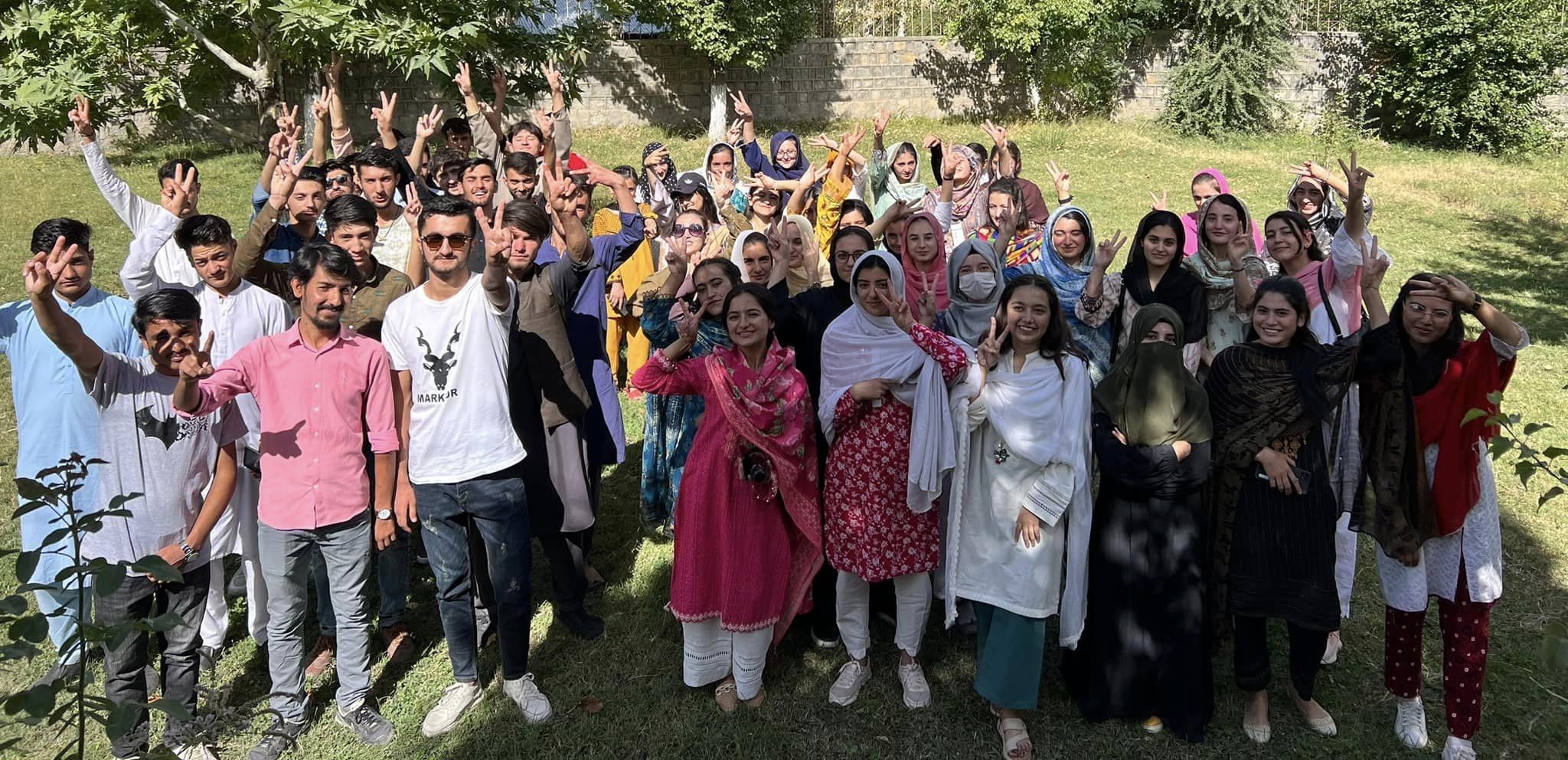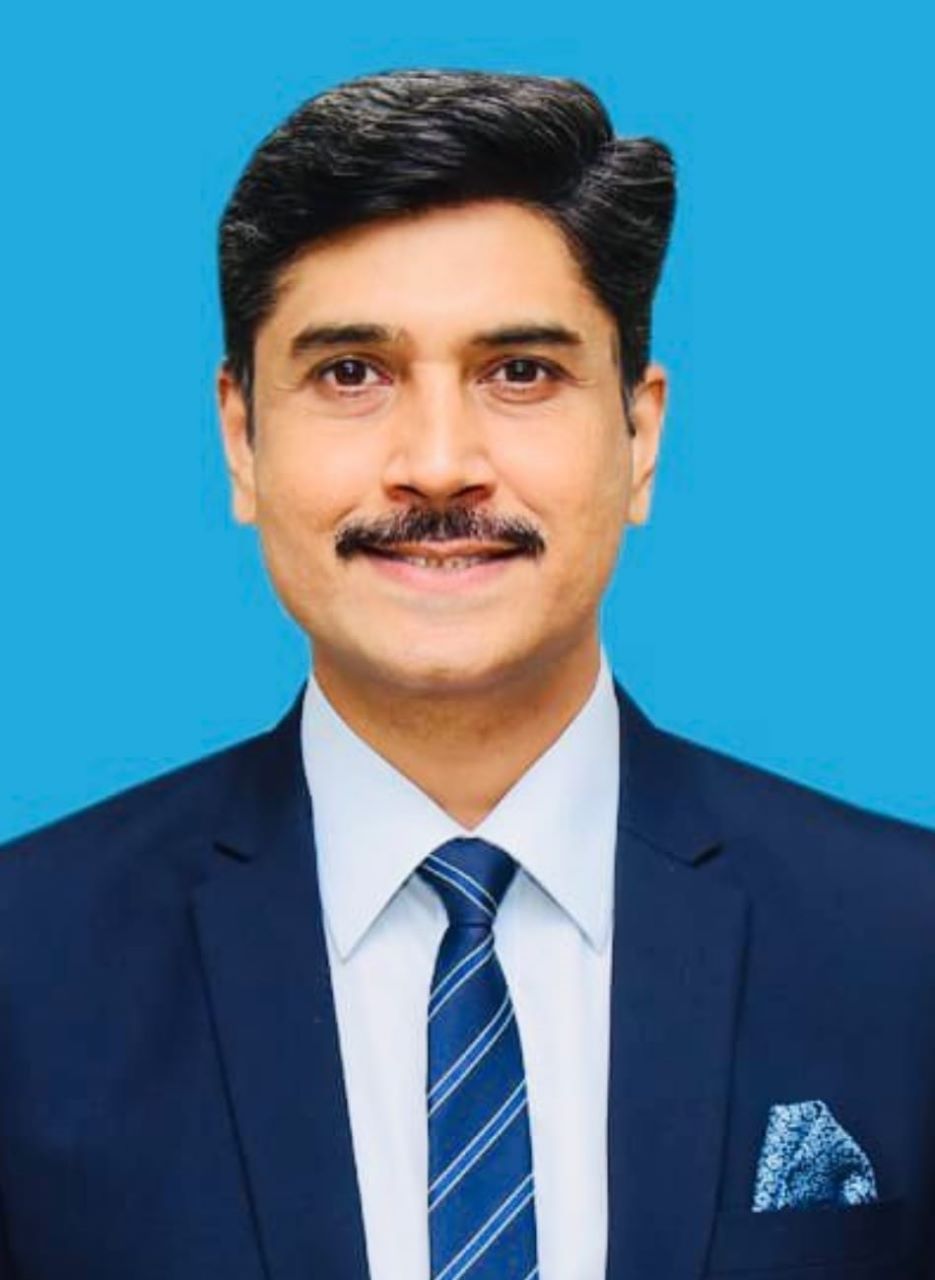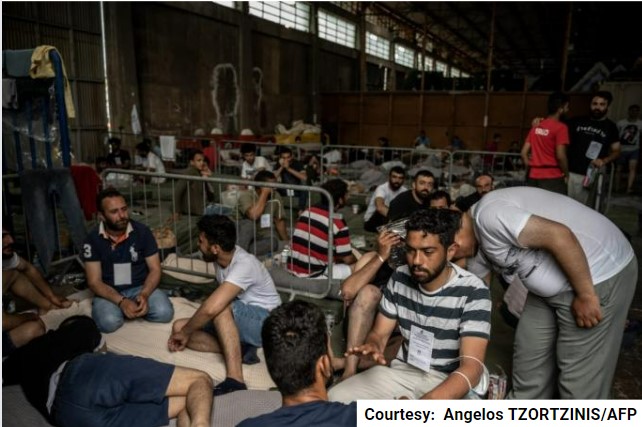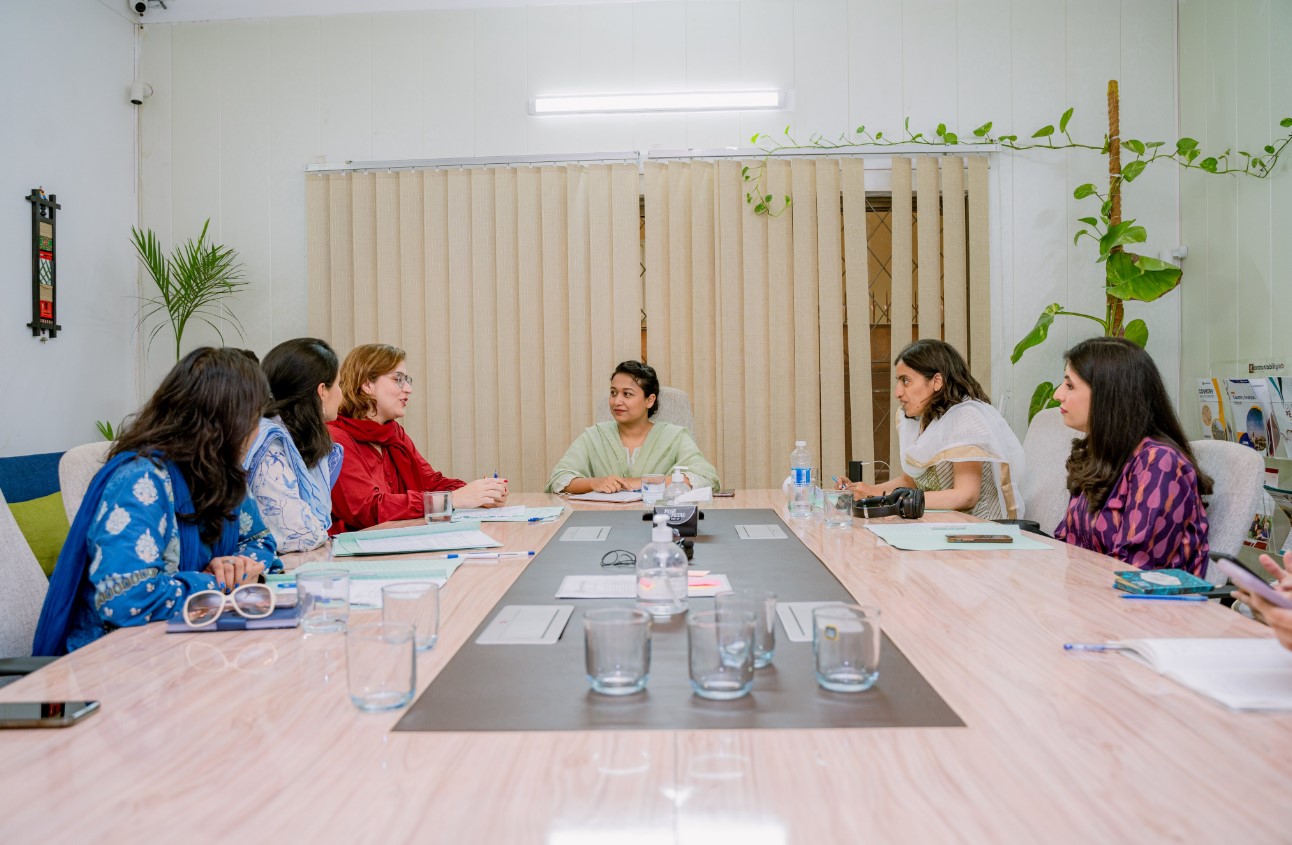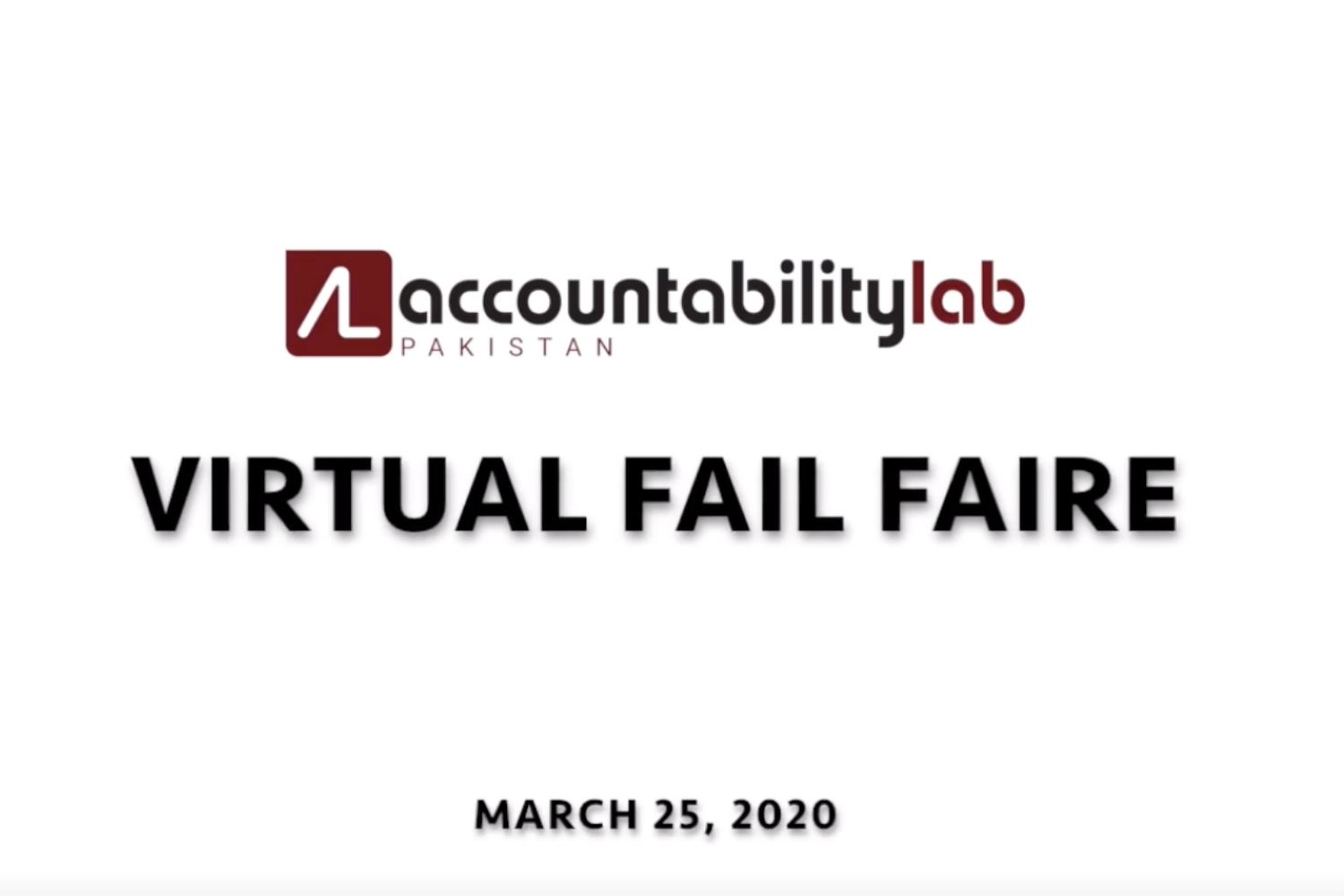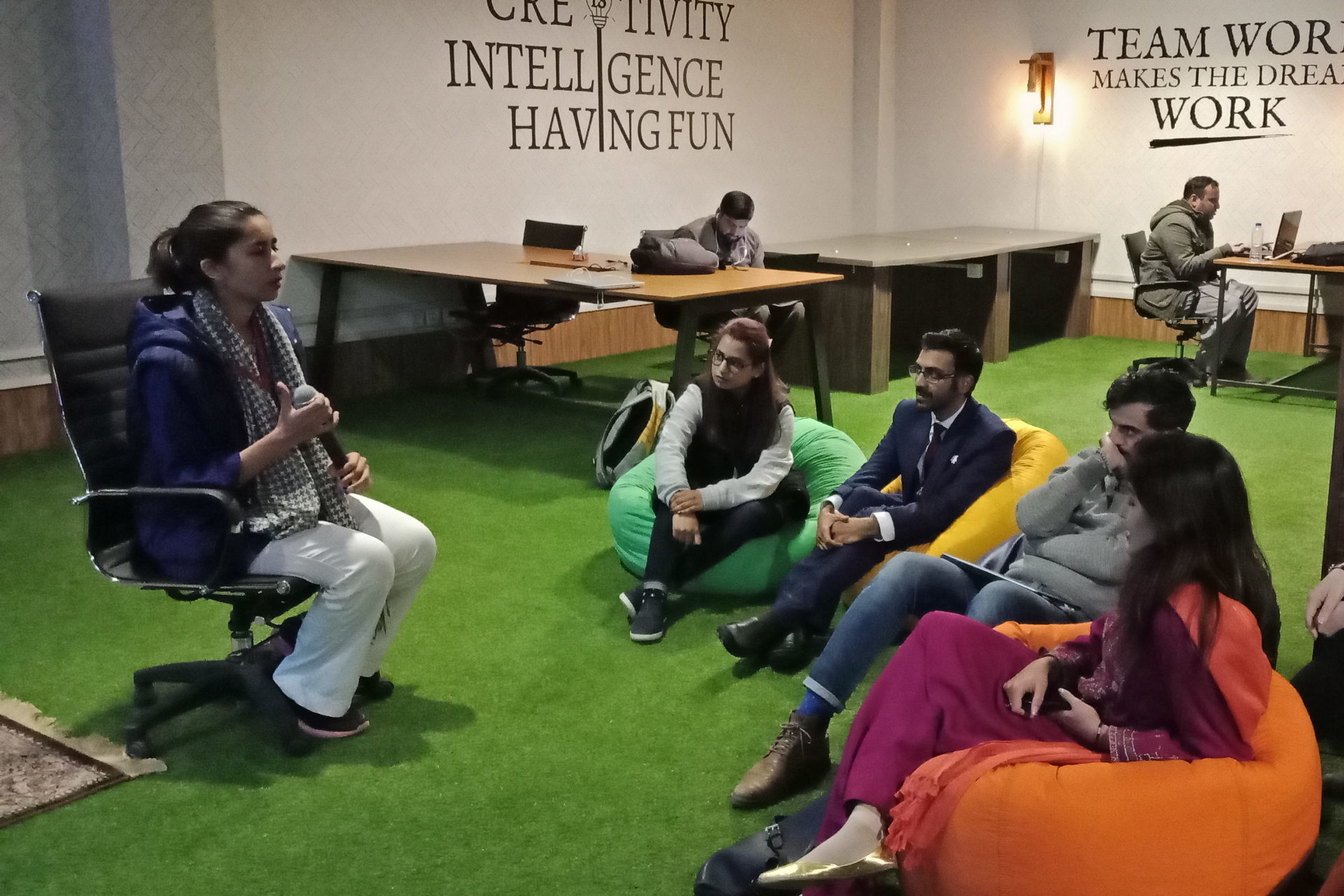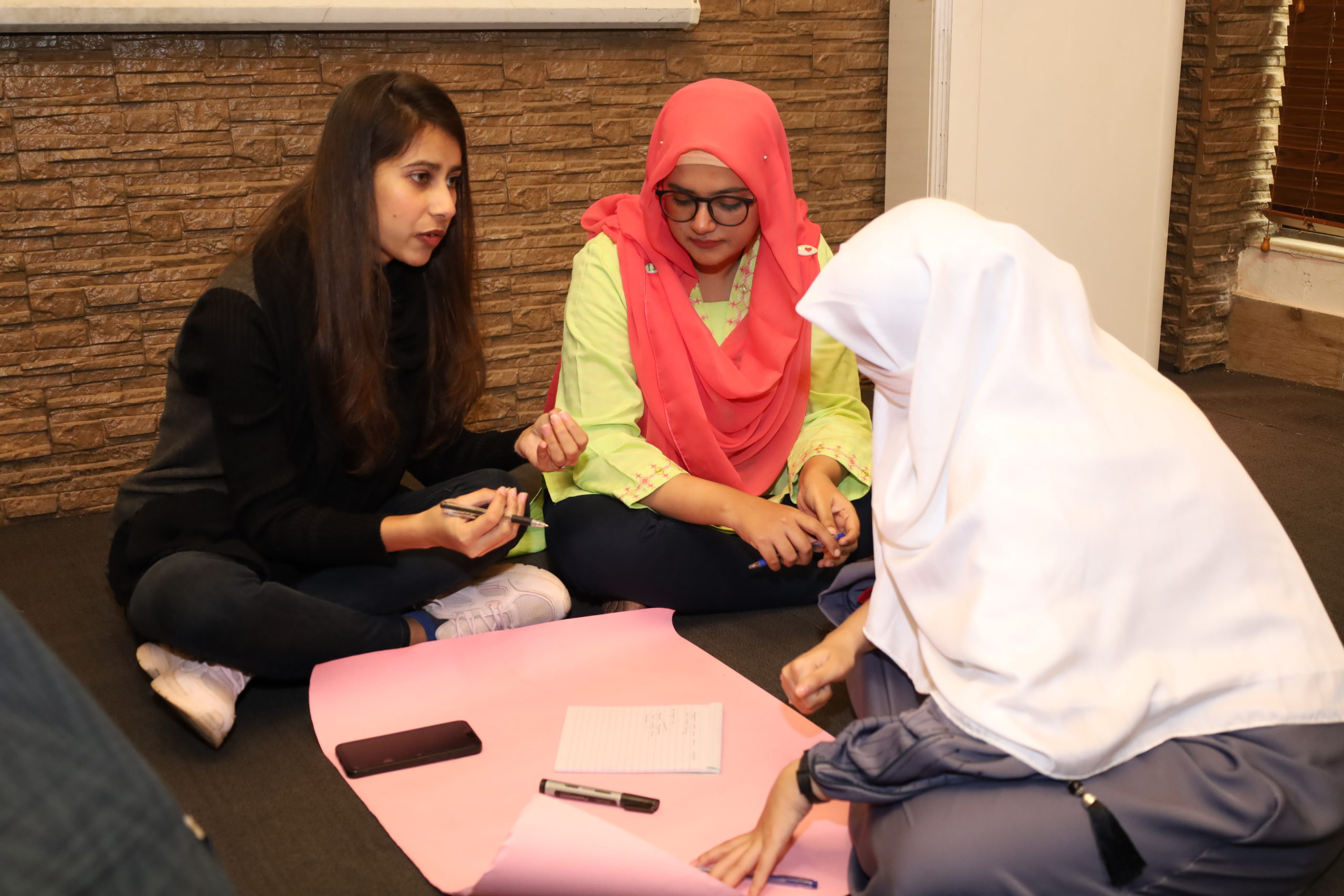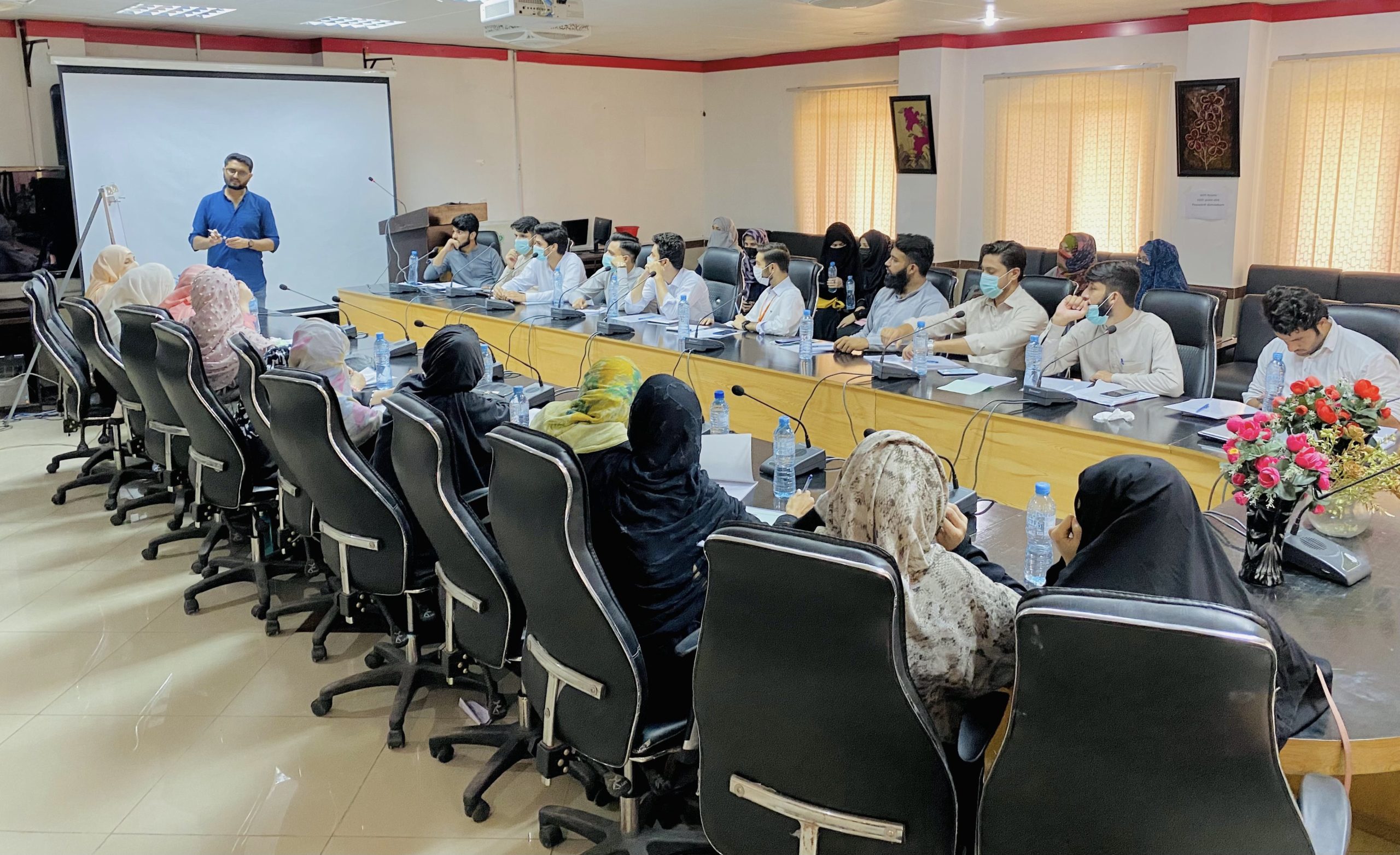Solving the corruption challenge: The key may lie with the citizens.
In a recent conversation with a senior police officer, a close collaborator, and a friend of Accountability Lab, I encountered an intriguing perspective on corruption within law enforcement—one that challenges the conventional narrative. This thought piece reflects on that conversation and explores the simple yet ignored dynamics between citizens and law enforcement officials, shedding light on how citizens may inadvertently become enablers of corruption.

